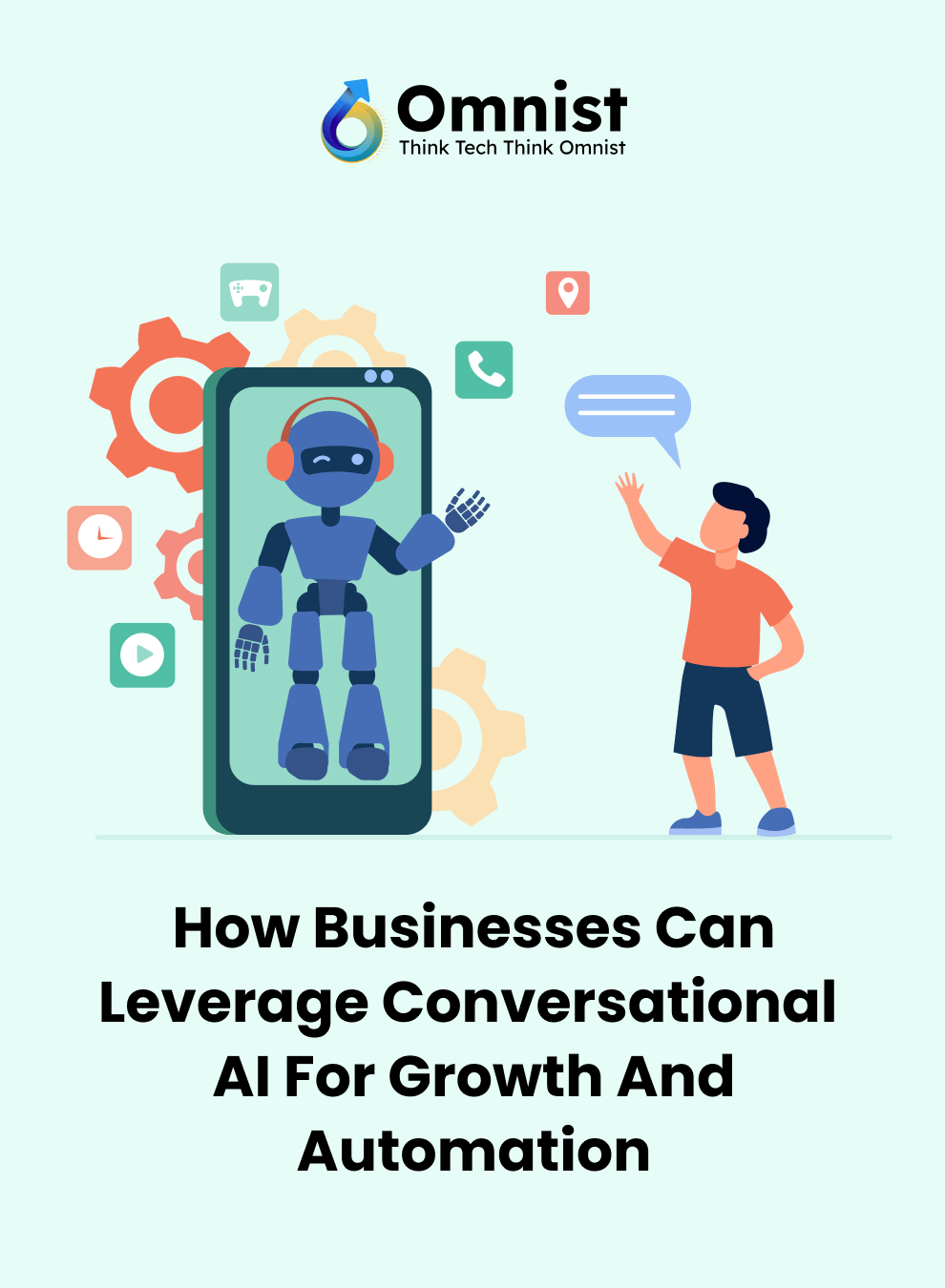App Technologies 7 Sep, 2023
Native vs Cross-Platform App Development: Pros and Cons

Mobile applications are now an essential element of daily life in the digital age. Mobile apps provide accessibility and convenience like never before, from placing restaurant orders to managing accounts. When it comes to developing these apps, two prominent approaches emerge: Native and Cross-Platform app development. Each method has its own set of advantages and disadvantages, catering to different needs and considerations. In this article, we will explore the pros and cons of both Native and Cross-Platform app development to help you make an informed decision for your next app project.
Native App Development
Native app development involves creating applications specifically for a single platform, such as iOS (using Swift or Objective-C) or Android (using Java or Kotlin). These apps are tailored to the platform’s guidelines and take full advantage of the device’s capabilities, resulting in a seamless and optimized user experience.
Pros of Native App Development:
Performance: The better performance of native apps is well known. Since they are optimized for a specific platform, they can fully leverage the device’s hardware and software, resulting in faster load times and smoother interactions.
User Experience: Because native apps follow the platform’s design principles, they offer a dependable and simple user experience. This familiarity enhances user engagement and satisfaction.
Access to Device Features: Native apps have direct access to the device’s features, such as camera, GPS, and accelerometer. This enables developers to create feature-rich apps with advanced functionalities.
Cons of Native App Development:
Development Time and Cost: Building separate apps for different platforms can be time-consuming and costly. Each platform requires its own development team, which can lead to increased expenses.
Maintenance: With separate codebases, maintaining and updating native apps for different platforms can be complex and resource-intensive.
Cross-Platform App Development
Application development for several platforms utilizing a same codebase is known as cross-platform app development. Technologies like React Native, Flutter, and Xamarin have gained popularity for their ability to streamline the development process across iOS and Android platforms.
Pros of Cross-Platform App Development:
Code Reusability: The major advantage of cross-platform development is code reusability. Developers can write a single codebase and deploy the app on both iOS and Android, reducing development time and costs.
Faster Development: Cross-platform frameworks offer pre-built components and libraries, expediting the development process and enabling quicker time-to-market.
Cost-Effectiveness: Developing a single app for multiple platforms can be more cost-effective than creating separate native apps.
Cons of Cross-Platform App Development:
Performance: While cross-platform frameworks have improved over the years, they may still lag behind native apps in terms of performance, especially for graphics-intensive or complex applications.
Limited Access to Device Features: Cross-platform apps might not have full access to certain device features, as some functionalities may not be fully supported by the framework.
User Experience: While efforts have been made to mimic native UI components, cross-platform apps might not provide the same level of polish and familiarity as native apps, potentially affecting user experience.
Conclusion
In the battle of Native vs. Cross-Platform app development, there is no one-size-fits-all answer. The choice depends on your project’s requirements, budget, timeline, and desired user experience. If performance, optimal user experience, and access to native device features are top priorities, then native app development might be the way to go. On the other hand, if you’re aiming for quicker development, cost-effectiveness, and the ability to target multiple platforms with a single codebase, cross-platform development could be the better choice.
Ultimately, both approaches have their merits and limitations. It’s essential to weigh these factors carefully and choose the method that aligns best with your app’s goals and your development team’s expertise. Regardless of your decision, the ever-evolving landscape of app development ensures that both Native and Cross-Platform methodologies will continue to evolve, offering innovative solutions for developers to create exceptional mobile experiences.
 }})
 }})






